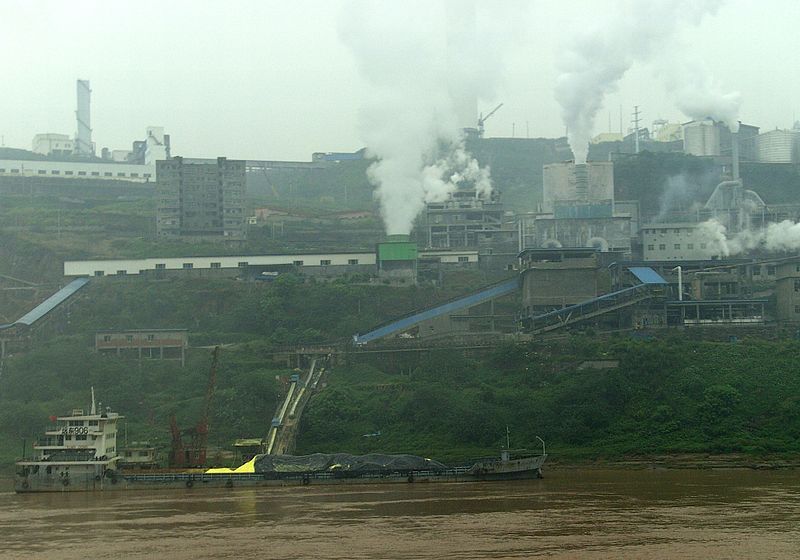
[…]
Here’s just some of what’s in store: Trump’s team has more than $800 million in budget cuts planned for the agency. To head it, Trump nominated Scott Pruitt, who, while attorney general of Oklahoma, made fossil-fuel industry allies proud with his relentless efforts to derail the EPA’s rulemaking. What’s more, Trump has signed an executive order to eliminate two regulations for every one adopted, a policy that seem to have been crafted with environmental protection directly in its crosshairs. Myron Ebell, who headed Trump’s EPA transition team, told the Associated Press that ideally, the agency’s 15,000-person staff will be reduced by 50 percent — or more. “Let’s aim for half and see how it works out, and then maybe we’ll want to go further,” he suggested last week.
Ken Kimmell, president of the Union of Concerned Scientists and a former commissioner of the Massachusetts Department of Environmental Protection, said, “The inevitable consequence of budget cuts of that magnitude would be a reversal of about the last 50 years of improvements in air quality, improvements in water quality and greater safety from chemicals that cause diseases in people. There is no way of soft-pedaling this or sugar coating it: A cut of that magnitude would mean dirtier air and dirtier water for the American public.”
[…]
Trump’s plans, Kimmell said, “would eviscerate EPA’s ability to enforce environmental laws, to make sure that people have clean water that they can trust when they turn on the tap, that they can breathe clean air when they go for a jog, that if they live near a landfill it’s not leaking.”
[…]
A recent investigation by Reuters finds that nearly 3,000 neighborhoods around the country have lead levels significantly higher than Flint’s; this news should be cause for ramping up environmental enforcement, not scaling it back.
[…]
The EPA also plays a critical role in cleaning up toxic sites dating back to an era when regulation was loose or nonexistent. “These cleanups are enormously expensive and often very technically difficult to execute,” Kimmell said. “Certainly there are states in which state environmental protection officials have some of the technical expertise to help in those, but in the big sites, particularly the Superfund sites, EPA’s involvement is always needed, and this would be the kind of service that EPA provides that not only protects our environment but helps our economy, and that could get lost in budget cuts.”
[…]
And, Kimmell notes, regulating pollution at the state level is often not enough protection. Air pollution drifts across state lines, and water pollution travels downstream. “The state of Maryland could literally shut down its entire industrial base,” he said, “and it would still not be in compliance with health-based standards because of all the pollution that’s coming from other states.”
With a weakened EPA and underfunded state environmental agencies, it would fall to citizens to enforce environmental laws. “Citizen suit” provisions in the Clean Air Act and Clean Water Act allow individuals to sue polluters if environmental regulators fail to take action. But this do-it-yourself approach to environmental protection is not a solution, Kimmell said: “The amount of resources that would need to be expended to bring these suits is tremendous, and these groups don’t have access to all the information EPA has. They won’t replace what we’re going to lose if we take away EPA’s ability to enforce our clean air and clean water.
(From John Light, moyers & co., 2/3/17)
